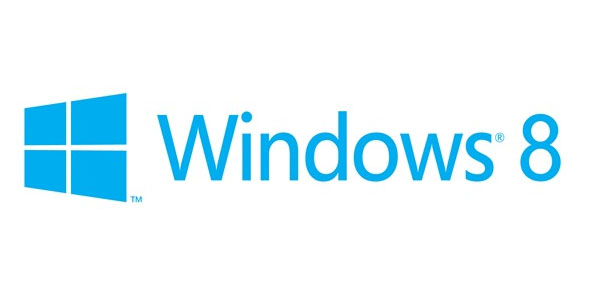Editorials
 The game League of Legends has had some of their European and Nordic Database servers hacked; I know shocking right? According to the announcement by Riot the attackers exploited a specific security issue (again really?) that is now addressed and is no longer an issue. The attackers were able to get user login information, including passwords (encrypted), email addresses, “summoner name”, date of birth, and a small number of encrypted security questions and their answers.
The game League of Legends has had some of their European and Nordic Database servers hacked; I know shocking right? According to the announcement by Riot the attackers exploited a specific security issue (again really?) that is now addressed and is no longer an issue. The attackers were able to get user login information, including passwords (encrypted), email addresses, “summoner name”, date of birth, and a small number of encrypted security questions and their answers.
- Details
- By Sean Kalinich
- Hits: 3619
Read more: League of Legends Breach Shows Both How Not To...
 After the breaches and issues with passwords we saw last week we were not surprised to see the creator of a popular password hashing application md5crypt() come out and recommend against using this software. Now if you have followed security then you are probably already aware that the MD5 encryption scheme was broken quite a while ago (2004-2005) and is no longer recommended as an encryption algorithm. So why in 2012 are we only getting a recommendation to stop using md5crypt() now?
After the breaches and issues with passwords we saw last week we were not surprised to see the creator of a popular password hashing application md5crypt() come out and recommend against using this software. Now if you have followed security then you are probably already aware that the MD5 encryption scheme was broken quite a while ago (2004-2005) and is no longer recommended as an encryption algorithm. So why in 2012 are we only getting a recommendation to stop using md5crypt() now?
- Details
- By Sean Kalinich
- Hits: 3667
 It is no secret that we are not fond of the direction that Microsoft is moving in with Windows 8. The new operating system with its phone and touch based MetroUI is a step back from what many feel a Windows system is supposed to be. What many wonder is why this push of the MetroUI and the cloud services that are linked to it.
It is no secret that we are not fond of the direction that Microsoft is moving in with Windows 8. The new operating system with its phone and touch based MetroUI is a step back from what many feel a Windows system is supposed to be. What many wonder is why this push of the MetroUI and the cloud services that are linked to it.
- Details
- By Sean Kalinich
- Hits: 3497
Read more: Microsoft Is Trying to Push a Car Up Hill With a...
 Yesterday we talked about a finding posted by the US Federal Trade Commission and sent to the US International Trade Commission on how product bans hurt consumers. Although the finding by the FTC was geared toward standards essential patents it also could be argued that any product ban is harmful to consumers unless the product in question was an outright copy. The comment was aimed at Apple and their pattern of filing for broad patents to ensure they have ammunition against competition.
Yesterday we talked about a finding posted by the US Federal Trade Commission and sent to the US International Trade Commission on how product bans hurt consumers. Although the finding by the FTC was geared toward standards essential patents it also could be argued that any product ban is harmful to consumers unless the product in question was an outright copy. The comment was aimed at Apple and their pattern of filing for broad patents to ensure they have ammunition against competition.
- Details
- By Sean Kalinich
- Hits: 3657
 Internet Protocol Version 6 (IPV6) has officially launched in certain areas of the globe. The replacement for the aging Internet Protocol Version 4 (IPV4) is said to have built in security, Encryption capabilities and a ridiculous number of address combinations making it sustainable for a very long time. The downside is that, as with many core technology updates, there are not many products that use it and the average home user is facing a pretty steep learning curve in getting things going.
Internet Protocol Version 6 (IPV6) has officially launched in certain areas of the globe. The replacement for the aging Internet Protocol Version 4 (IPV4) is said to have built in security, Encryption capabilities and a ridiculous number of address combinations making it sustainable for a very long time. The downside is that, as with many core technology updates, there are not many products that use it and the average home user is facing a pretty steep learning curve in getting things going.
- Details
- By Sean Kalinich
- Hits: 5533
More Articles …
- The LinkedIn Breach Raises Concerns About The Security of Cloud Services
- Product Ban Requests to the ITC Cause "Substantial Harm" To Consumers Says the FTC
- IDC Predicts That Windows Phone Will Pass iOS by 2016 To Grab The Number 2 Spot
- Microsoft's SmartGlass Is Great, But It Will Not Save Windows 8 or Windows Phone *** Update ***
Page 52 of 89



